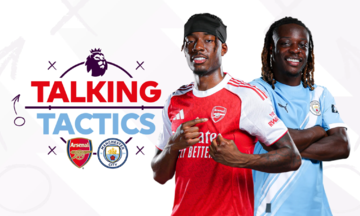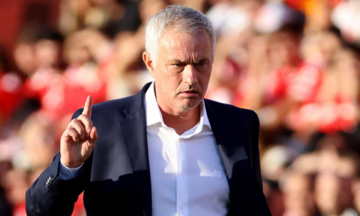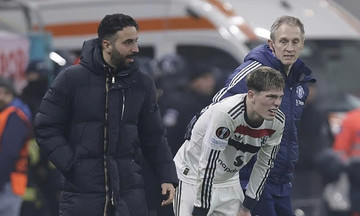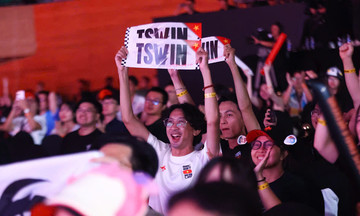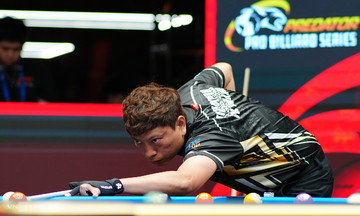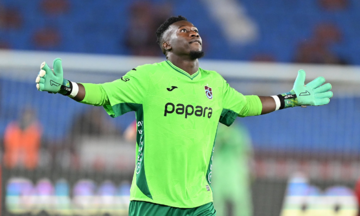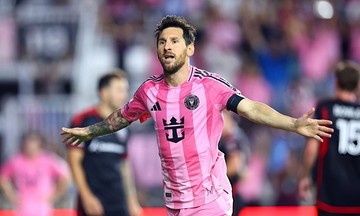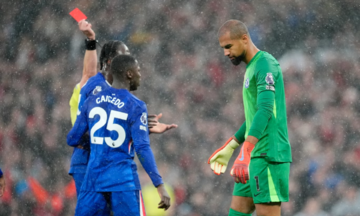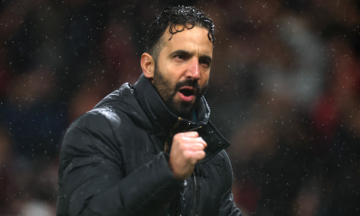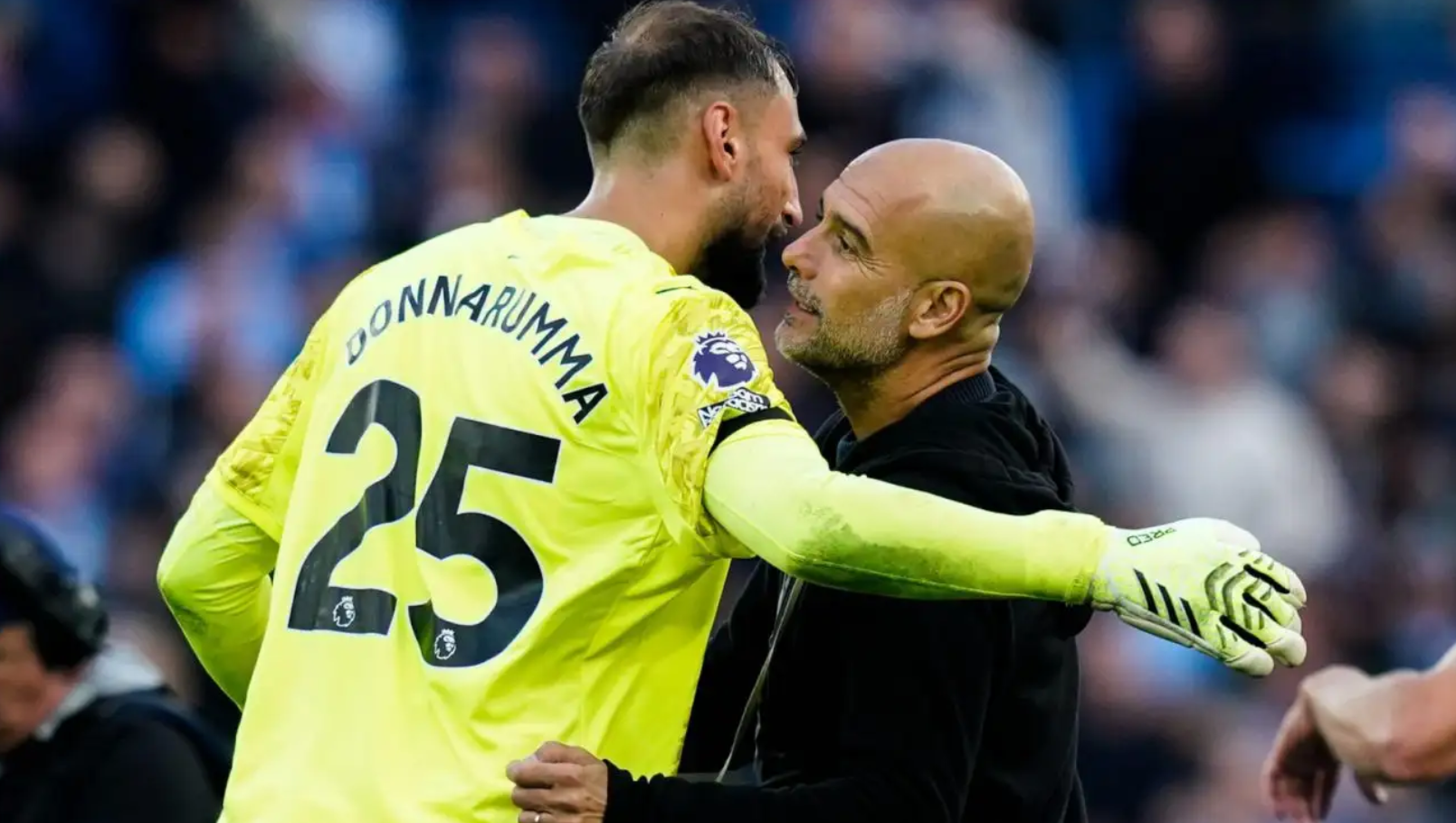 |
Coach Pep Guardiola (right) hugs Gianluigi Donnarumma after Man City's 3-0 victory against Man Utd in the fourth round of the Premier League. Photo: Football365 |
Coach Pep Guardiola (right) hugs Gianluigi Donnarumma after Man City's 3-0 victory against Man Utd in the fourth round of the Premier League. Photo: Football365
Guardiola is no longer the "original" after 8 years at Etihad. Ederson, one of the world's best ball-playing goalkeepers, has made way for Gianluigi Donnarumma, who isn't as highly regarded for this skill.
Man City no longer utilizes a "false 9," opting instead for the traditional striker Erling Haaland. The right-back tucking into midfield, like Oleksandr Zinchenko, is gone, replaced by Abdukodir Khusanov, a natural center-back with strong tackling ability, now deployed on the wing.
Compared to the squad that achieved a record 100 points in the 2017-2018 season, Man City now looks completely different. The reason is Guardiola's constant willingness to learn. He's adopted ball circulation tactics from former Brighton coach Roberto De Zerbi, emphasized fitness and intensity like Newcastle's Eddie Howe, and incorporated the one-on-one pressing style of Bournemouth's Andoni Iraola. Guardiola even recruited Pep Lijnders, Jurgen Klopp's former assistant, to enhance his team's transitions.
Guardiola once questioned the role of set-piece coaches, but since taking Arteta's advice at Man City, he has completely changed his view. Now, Guardiola even has a third specialist in this area, James French, to counter Arsenal's Nicolas Jover.
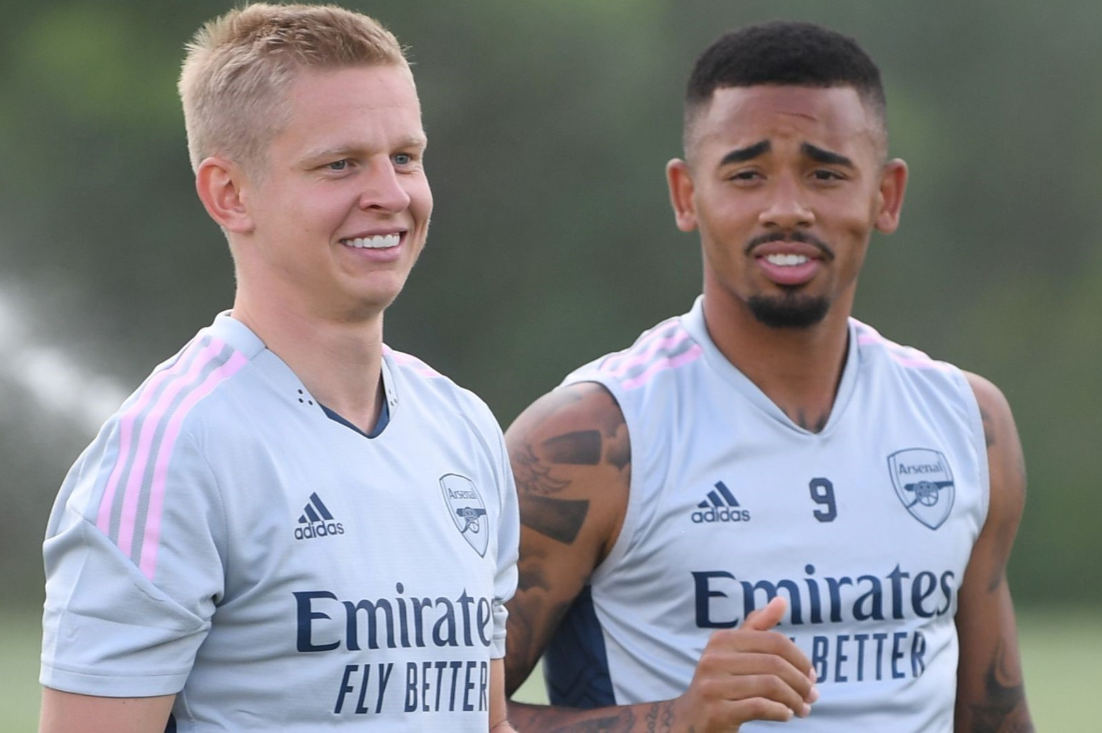 |
Gabriel Jesus (right) and Oleksandr Zinchenko both transferred from Man City to Arsenal in the summer of 2022. Photo: Arsenal FC |
Gabriel Jesus (right) and Oleksandr Zinchenko both transferred from Man City to Arsenal in the summer of 2022. Photo: Arsenal FC
On the other side, Arteta has been labeled a "Pep copycat" since leaving Man City to manage Arsenal. The Spanish coach brought Zinchenko and Gabriel Jesus from Man City, signed the skilled ball-playing goalkeeper David Raya, and implemented the inverted full-back tactic.
But the reality is more complex. Arteta is influenced by many sources: the high-intensity football of his hometown San Sebastian, the discipline instilled by David Moyes at Everton, and even the Italian Catenaccio defensive style that won him the 2020 FA Cup. Learning from their failed 2023 title challenge, Arteta prioritized defensive solidity, transforming Arsenal into one of Europe's most effective pressing and off-the-ball defensive units.
Simultaneously, Arteta changed his approach to personnel. While Guardiola prefers rotation within a small core group, Arteta built two squads to cope with the demanding schedule. Arsenal now has 25 players ready to start, with several "hybrid defenders" like Ben White, Jurrien Timber, Riccardo Calafiori, and new signing Piero Hincapie—products of the versatile philosophy he helped shape at Man City.
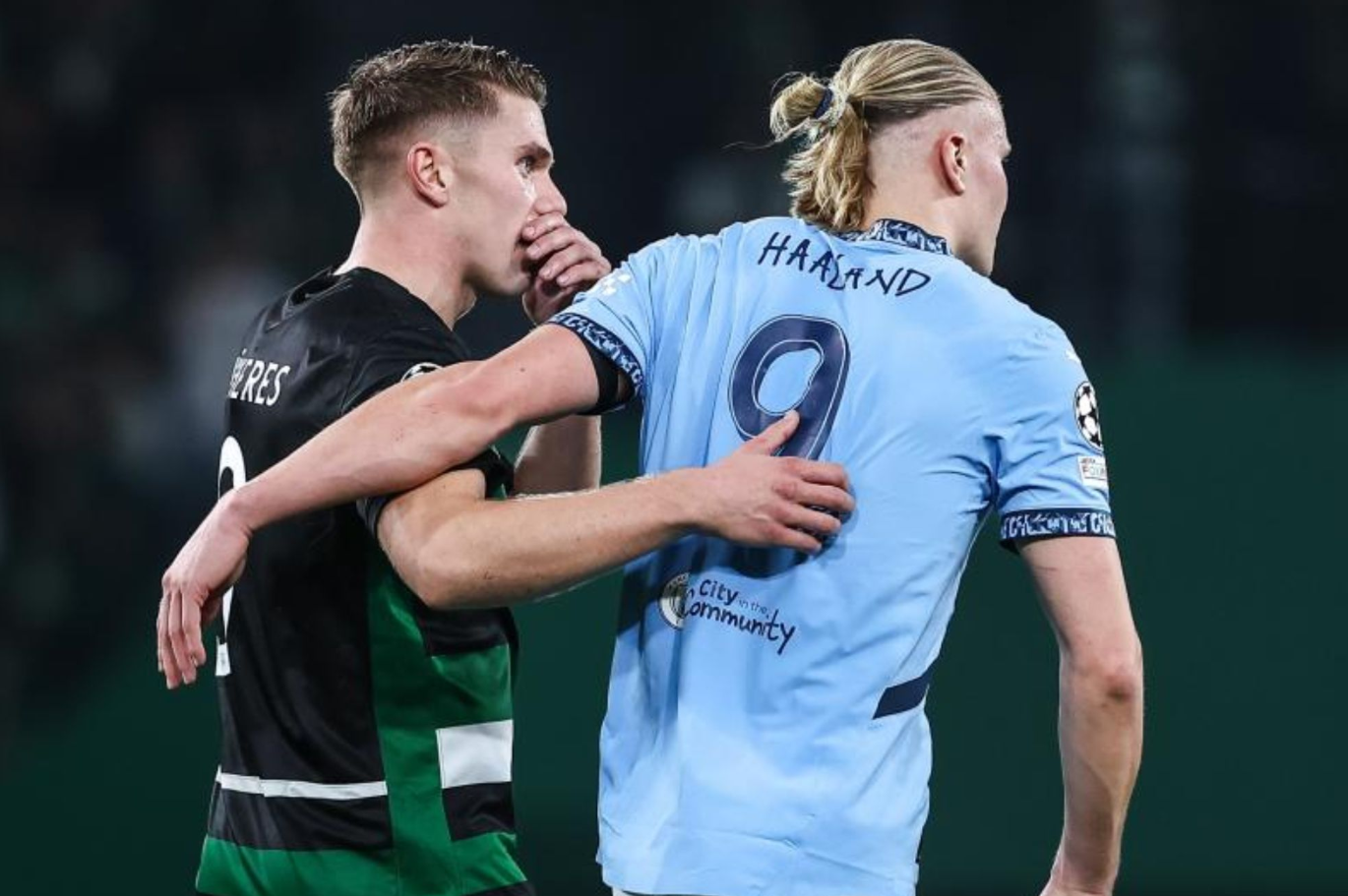 |
Viktor Gyokeres (left) and Erling Haaland chat during Sporting's victory over Man City in the 2024-2025 Champions League. Photo: Marca |
Viktor Gyokeres (left) and Erling Haaland chat during Sporting's victory over Man City in the 2024-2025 Champions League. Photo: Marca
Arteta and Guardiola have their differences, but they converge on some trends. Arsenal signed Viktor Gyokeres, a powerful striker similar to Haaland. Long balls and crosses are becoming prevalent again as space in the penalty box shrinks. Players capable of direct duels, like Noni Madueke and Eberechi Eze (Arsenal), or Rayan Cherki and Rayan Ait-Nouri (City), are favored.
More importantly, the dominance of a single philosophy—tiki-taka or gegenpressing—has given way to hybrid football. Coaches must constantly adapt to avoid being left behind. There's no room for inflexibility in the Premier League.
 |
Coach Mikel Arteta holds the Cup after Arsenal's FA Cup final victory against Chelsea at Wembley Stadium, London, England on 1/8/2020. Photo: AFP |
Coach Mikel Arteta holds the Cup after Arsenal's FA Cup final victory against Chelsea at Wembley Stadium, London, England on 1/8/2020. Photo: AFP
Guardiola has proven his talent with numerous titles, but he's never had to rebuild from ashes like Arteta did when he returned to Arsenal in 2019. The path to taking Arsenal from outside the top 4 to title contenders clearly couldn't just be copying Guardiola. Conversely, Guardiola has learned from Arteta, from emphasizing set pieces to improving squad fitness.
The truth is they are both evolving, not one copying the other. They are products of a demanding environment where every idea is immediately tested. And it's this flexibility that helps Arsenal and Man City maintain their positions as two of the strongest teams in England.
Before today's clash at Emirates, Guardiola quipped, "If Arteta wins the title, people will say it's because he spent money, not because of hard work. Just like Arne Slot's Liverpool, if they win, it's all about spending. It's not just Man City that's been told that."
 |
Coach Mikel Arteta (left) and Pep Guardiola before the Arsenal vs. Man City match at Etihad Stadium in Manchester, England on 26/4/2023. Photo: AP |
Coach Mikel Arteta (left) and Pep Guardiola before the Arsenal vs. Man City match at Etihad Stadium in Manchester, England on 26/4/2023. Photo: AP
Behind the sarcasm lies a truth: there's little room for originality in modern football. Every coach must borrow, learn, and combine, with the ultimate goal of winning.
The match result is uncertain, but it could shape this season's Premier League title race. Regardless of the outcome, this contest will be the clearest demonstration of the evolution of both Guardiola and Arteta—two men who not only compete but also inadvertently "mirror" each other in their journeys of adapting to the Premier League.
Compiled by Hong Duy



